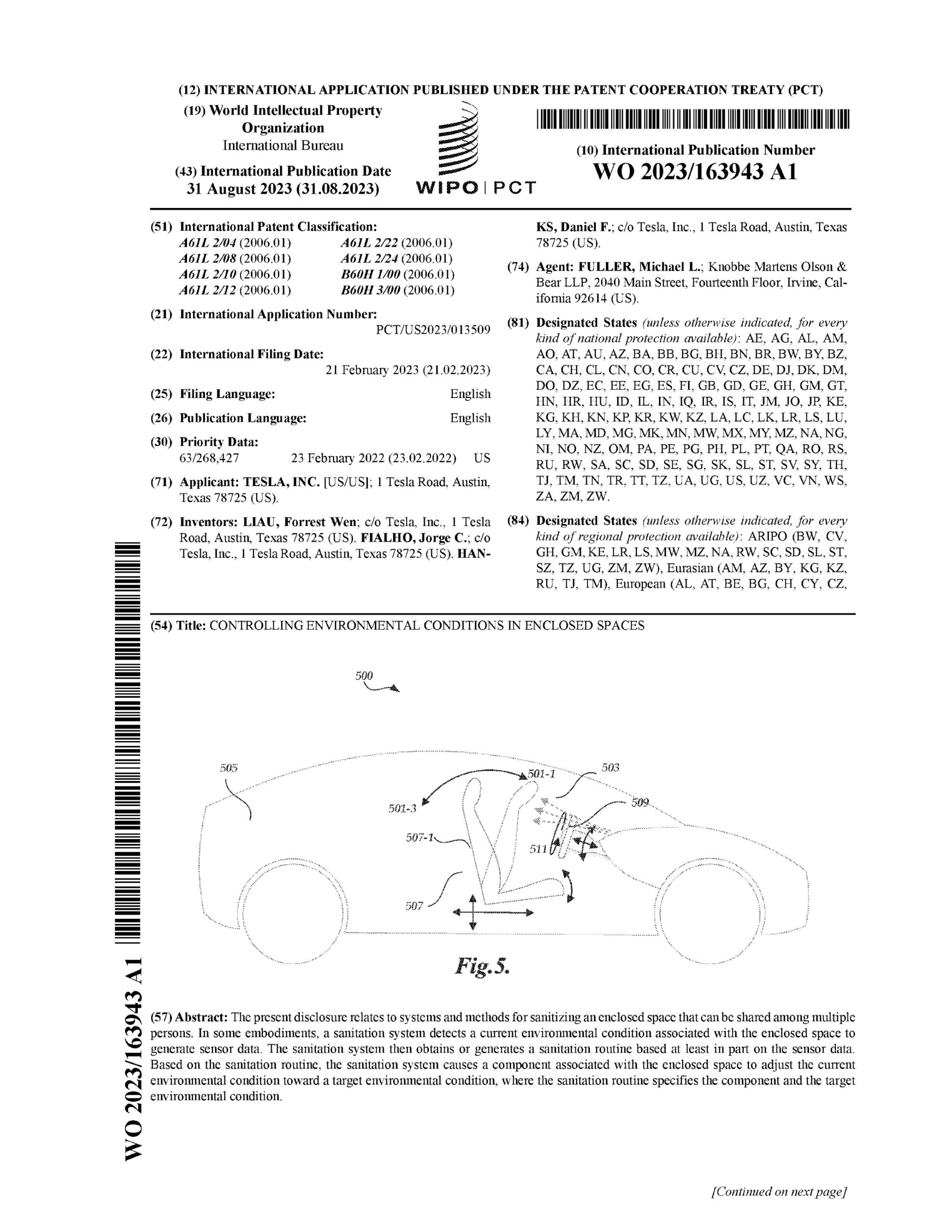James Millar, President and CEO of the International CCS Knowledge Centre, issued the following statement in response to the Government of Canada announcing the start of public consultation on draft legislation released today for the Carbon Capture, Utilization and Storage (CCUS) Investment Tax Credit (ITC) and other components of the federal clean economy plan:
“We are very pleased the Government of Canada has followed through on its commitment to implement the investment tax credit for CCUS and other legislation supporting the development of large-scale CCS/CCUS projects in a timely fashion.
Providing opportunity for public input is an important step towards putting important policy tools in place before the end of this year, which will provide much-needed clarity for heavy industries across Canada to move forward with multi-billion-dollar projects that will be critical to achieving Canada’s ambitious goals for cutting greenhouse gas emissions and reaching net-zero emissions by 2050.
We look forward to reviewing the draft legislation on the CCUS ITC to determine what costs will be eligible, labour requirements, the obligation of companies to share knowledge about their CCS projects and report on climate risks, and other technical issues that will impact the value of the tax credit for project developers. The Knowledge Centre will release a detailed analysis of the draft policies in the near future.”
Earlier this year, the Knowledge Centre delivered a comprehensive primer on the federal budget released March 28, 2023, providing a detailed break-down of the proposed CCUS ITC and an aggregation of government policies related since the ITC was first proposed in April 2021. That was followed by the release of a consultation document regarding the proposed requirements for public knowledge sharing to be included in the CCUS ITC legislation, which were released for stakeholder feedback before May 31 this year.
The investment tax credit for CCUS projects is the government’s centrepiece for incentivizing heavy industries to build CCS infrastructure and will cover 50 per cent of the capital cost of CO2 capture projects between 2022 and 2030. The tax credit is higher (60 per cent) for projects that capture CO2 directly from the atmosphere (direct air capture) and it also covers 37.5 per cent of the cost for facilities required to transport, utilization and permanent storage of CO2.
CCS Background
Canada has been a leader in the first generation of global CCS development, with five of the 30 commercial CCS projects in the world today, including the Quest CCS project operated by Shell at the Scotford oil sands upgrader near Edmonton, the largest CO2 pipeline on the planet – the Alberta Carbon Trunk Line, and SaskPower’s Boundary Dam Unit 3 CCS Facility — the world’s first fully integrated CCS facility on a coal-fired power plant.
Canada accounts for approximately 15 per cent of current global CCS/CCUS capacity – approximately seven million tonnes of CO2 per year – even though the country generates less than two per cent of global CO2 emissions. Since 2000, CCS projects in Canada have safely stored more than 47 million tonnes of CO2, or the equivalent of taking more than 10 million cars off the road.
Canada has pledged to cut its emissions by 40 – 45 per cent below 2005 levels by 2030 and to reach net zero emissions by 2050. Canada’s current federal emissions reduction plan expects national CCS capacity to more than triple, adding facilities to capture and store at least 15 million tonnes per year by 2030.
The major players in Canada’s heavy-emitting industries – which provide major contributions to national GDP and government revenues, employ millions of people, and include firms that are at the core of most Canadians’ pension plans and investment portfolios – are committed to achieving net zero by 2050, and they are set to invest billions on CCS in Canada.
In Alberta, Capital Power announced last December a limited notice to proceed for its Genesee CCS project. Heidelberg Materials is advancing the world’s first CCS project on a cement plant in Edmonton. And the oil sands industry is already spending tens of millions of dollars on the environmental assessments, early-stage engineering work and stakeholder engagement that is necessary to receive permits for construction for one of the world’s largest CCS projects known as the Pathways Alliance.
About the International CCS Knowledge Centre
The International CCS Knowledge Centre is a non-profit organization founded in 2016 by BHP and SaskPower to advance large-scale carbon capture and storage (CCS) projects as a critical means of managing greenhouse gas emissions and achieving the world’s ambitious climate goals.
The Knowledge Centre provides independent, expert advisory services for CCS projects across heavy-emitting industries based on our team’s unique experience developing the world’s first fully integrated post-combustion CCS facility on a coal-fired power plant. We have a proven track record of helping our clients lower costs, reduce risk and improve the performance of CCS projects across industries and technology platforms using the latest knowledge and lessons learned from major projects across the globe.
We also provide input to policy development and promote broad collaboration between stakeholders to enhance understanding of the critical role CCS plays in global decarbonization efforts and accelerate the deployment of new CCS projects around the world.
Learn more at ccsknowledge.com
Share This:





